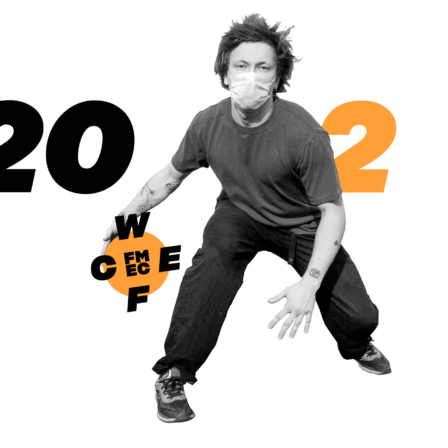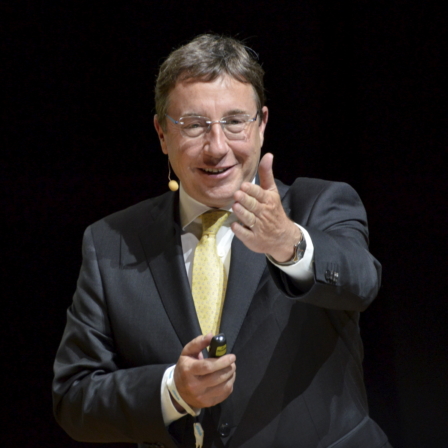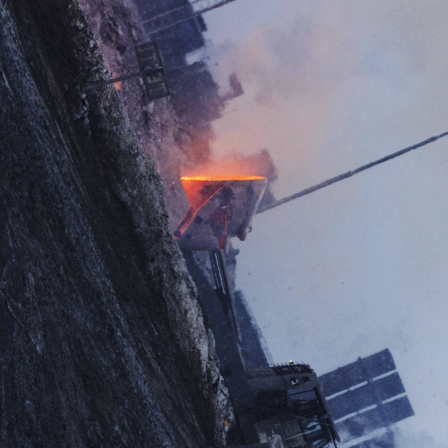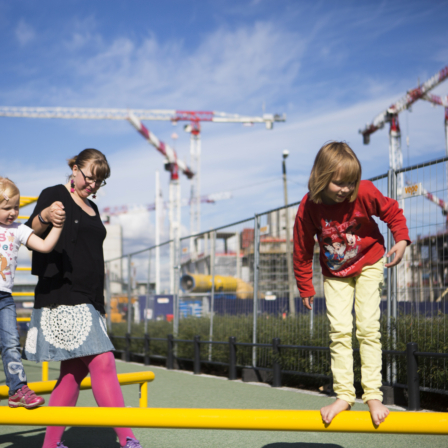Do you want to contribute to the global movement generating “collective impact” for sustainable consumption globally? For achieving global sustainable development goals, an optimal interaction and collaboration between businesses, governments and citizen is needed. This session addresses how businesses and governments can combine their efforts in providing much needed infrastructure, goods and services in order to offer sustainable options for consumers. It also gives considerable stress to the demand side: what kind of information, pricing and other incentives are needed in order to make sustainable choices attractive for consumers?
United Nation’s Ten Year Framework of Programmes on Sustainable Consumption and Production (10YFP) is a central part of the UN’s SDGs. Join the discussion and find out, how this collective impact for sustainable consumption and circular economy is already happening.
At the moment programmes in six areas and in all continents explore, test and try new solutions for sustainable public procurement, better consumer information, sustainable lifestyles, sustainable tourism, sustainable buildings and construction and sustainable food systems.
Programme
Monday 5 June
| 14.15 | Session opens See moderator slides |
| Keynote speech Kitty van der Heijden, Director Europe & Africa, World Resources Institute See presentation |
|
| Moderated panel discussion/ talk show with Deputy Director Gunilla Blomquist, Swedish Ministry of the Environment and Energy Senior Architect Harri Hakaste, Finnish Ministry of the Environment Watch video Global Director Mark Hidson, ICLEI’s Sustainable Procurement Centre Head of Division Ulf D. Jaeckel, Federal Ministry for the Environment, Nature Conservation and Nuclear Safety, Germany Journalist, media producer and social entrepreneur Gabriele Kull, future.camp® Watch video Deputy head of International Affairs Division Martine Rohn-Brossard, Swiss Federal Office for the Environment |
|
| Table discussion on Six lifestyle topics Table discussions on Policy and pilots on public procurement as a circular economy enabler, Benchmark cases in tourism, Extension of lifetime of products and reuse – ex textiles, Sustainable lifestyles and education, Changing consumption patterns of residents, Circular economy in the building materials supply chain |
|
| 15.45 | Session closes |
| Moderated by Executive director Tuuli Kaskinen, Demos Helsinki |
Table discussion on six lifestyle topics
10 table discussions concerning policy and pilots on consumer information, sustainable lifestyles and education, sustainable housing, circular procurement, sustainable food systems and benchmark cases in tourism.
| Programme | Topic | Questions | Hosted by | |
| Table 1 | Consumer information | Engaging consumers in product lifetime extension | · What would consumers find useful to enable them to extend products’ lifetimes (or choose those products with extended lifetimes)? · How can we bring this issue close to their heart and change their actual behaviour (going beyond mere interest /awareness? · Do consumers need to see more being done by business/ government (if so, what); or do we need to adapt the messaging around why or how to choose different products or consumption models? · What are good practices or new ideas from your regions and sectors? |
Elisa Tonda (UN Environment) |
| Table 2 | Sustainable lifestyles | Extension of lifetime of products and reuse – ex textiles | · How do we nudge consumers to choose sustainable alternatives such as pre-owned garments, leasing, renting, swapping, repair services, redesign services? · How can we promote progression of these new business models? · How do we increase access to these alternatives, like city planning, support online shopping? · What other policies or communication efforts would be relevant? |
Sigrid Barnekow (Mistra Future Fashion) |
| Table 3 | Sustainable lifestyles | Sustainable lifestyles and education | · Young people spend most of their time in school, so how can schools motivate them to choose more sustainable lifestyles? · What do teachers need to know and do to motivate their students to choose more sustainable lifestyles? · How can teachers help students discover where to find good examples of sustainable lifestyles? · How can learning about sustainable living become a part of all subjects? |
Victoria Thoresen (PERL – Partnership on Education and research for Sustainable living) |
| Table 4 | Sustainable lifestyles | New business models for a sharing economy | · How to make access more attractive than ownership? | Juho Makkonen (Sharetribe) |
| Table 5 | Sustainable housing | How to enable changing consumption patterns of residents | · If everyone consumed as much as the average European, we would need three planets to support us. So many of our impacts happen in and around our homes: energy, travel, food, consumer goods. How can the buildings and construction sector enable sustainable living in our homes? | Sue Riddlestone (Bioregional) |
| Table 6 | Sustainable housing | How circular economy in the building materials supply chain is linked to this | How can developing nations use circular economy approaches to overcome the challenges of: (1) virgin resource scarcity and resource conflicts; (2) rapid urbanisation and demand for new buildings especially housing; (3) regional diversity in material availability and socio-cultural geo-climatic responses (4) delivery at different economic and aggregation scales, and (5) manage potential trade-offs such as emissions for recycling and up-cycling? |
Zeenat Niazi (Development Alternatives Group) |
| Table 7 | Benchmark cases in tourism | Behavioural change in living lab hotel | · How do you connect sustainable tourism to circular economy, some examples? | Gabriele Kull and Anna Vokinger (future.camp®) |
| Table 8 | Benchmark cases in tourism | How to implement circular economy’s principles in sustainable tourism projects | · How do we make circular economy processes visible to tourists? · How do we implement circular economy processes in tourism products? · How do tourism products profit economically, ecologically, socially from circular economy processes? |
Rafael Enzler and Christian Muller (gutundgut gmbh) |
| Table 9 | Circular procurement | Policy and pilots on public procurement as a circular economy enabler | · Realising the benefits of a more circular economy requires purchasers and suppliers to work together. These benefits cannot be fully achieved by one side alone. Public procurement can act as a major driver in encouraging this collaborative approach in key product and service sectors. What are the next practical steps based on evidence from circular procurement pilots and the delegates own experiences? | Merwyn Jones (Sustainable Global Resources) and Joan Prummel (RWS) |
| Table 10 | Sustainable food systems | Establish Low Carbon Consumption and Production in food sector in Thailand, Indonesia and the Philippines | · How can the food sector be influenced to become more sustainable? · What are the most important focal areas and regions to be targeted in efforts to shift towards sustainable food systems? |
Tanja Plötz (WWF-Germany) |
This session is related to the following Sustainable Development Goals:

Session organised with UNEP 10 YFP Secretariat and the Ministry of the Environment of Finland.


















Recommended
Have some more.